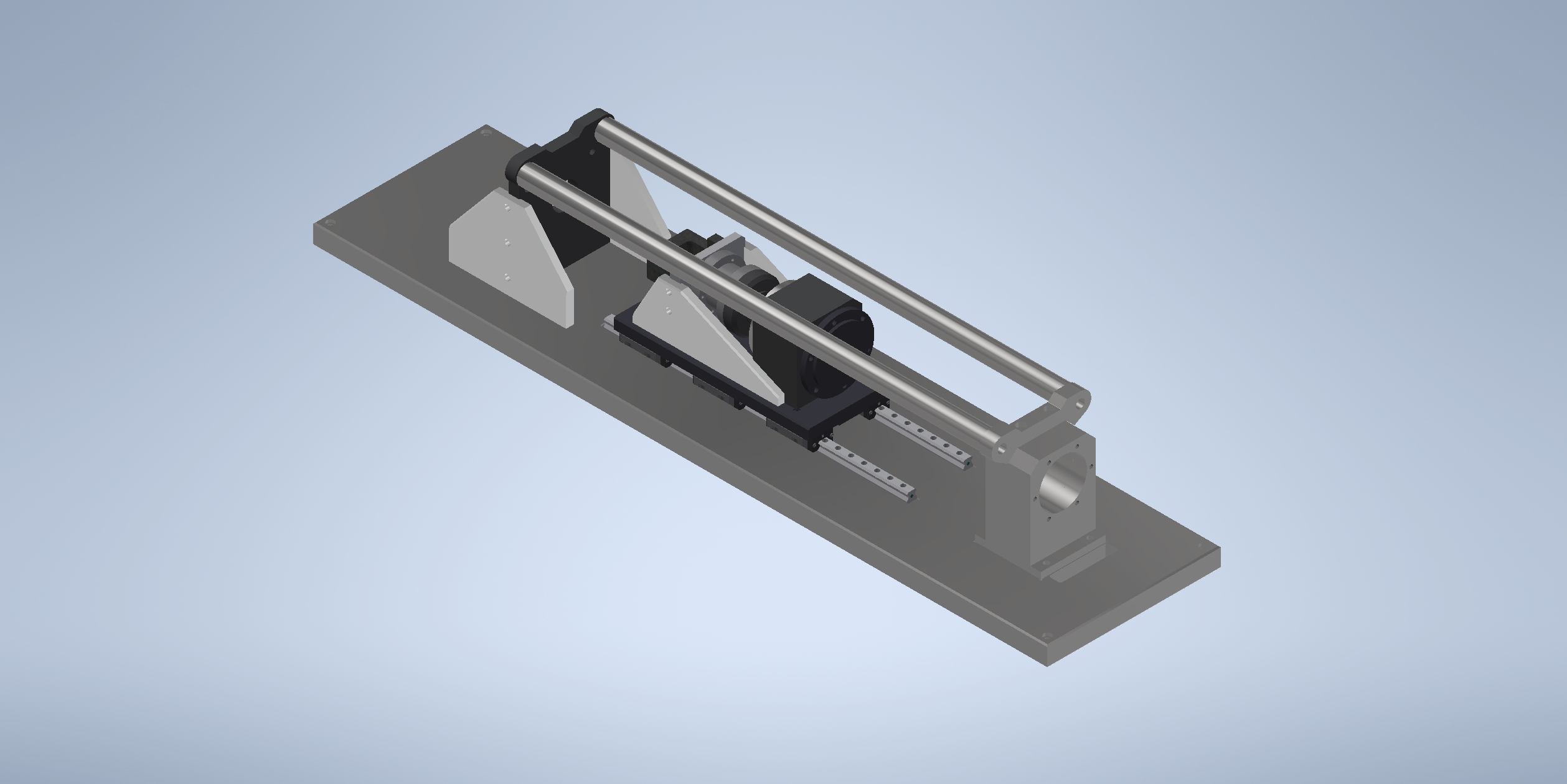

TITOLO PROGETTO
TESTOR - Compact Versatile Testing Rig for Elastomers
INFORMAZIONI
Ambito di finanziamento: POC Closed Call MOST 15 Maggio Spoke 2
- Ente finanziatore: MOST
- Capofila di Progetto: DICEM - UNICAS
- Partner: Università del Salento
- Durata: 8 mesi dal 1.07.2024
- Coordinatore tecnico – scientifico delle attività svolte da Unicas: Ing.a Sara Ricci, Dip. Ingegneria Civile e Meccanica
- Valore Progetto: € 200000,00
- Contributo complessivo deliberato: € 97350,00
DESCRIZIONE PROGETTO

The TESTOR project aims to advance material testing technologies by designing an innovative tension-torsion testing machine. This initiative falls under the Spoke 2 thematic areas, focusing on the development of testing equipment preliminary for elastomers, but not limited to, under various stress state and temperature conditions. By targeting a Technology Readiness Level (TRL) of 3-4, TESTOR seeks to demonstrate the practical feasibility and laboratory application of its concepts. The project's primary objective is to design and develop a compact and versatile horizontal testing machine that is both cost effective and capable of performing under diverse operational conditions. This machine will uniquely feature a limitless rotational capability of the load cell, which is essential for comprehensive elastomeric material testing; the ability for axial expansion and contraction, which ensures pure torsion loading over the entire test deformation range; the possibility of an independent load ramps control that allows for precise control over tension-compression and torsion loads for imposed stress triaxiality load spectra; the possibility to perform combined loading tests, including cyclic and stress reversal loading, under variable temperature conditions. The system will employ a unique zero-backlash solution for an efficient and accurate load inversion capability. Additionally, the project aims to develop a smart-concept machine utilizing industrial-grade, non-proprietary components. This approach ensures that the machine is not only robust and reliable but also easily maintainable and adaptable to future upgrades and modifications. The inclusion of customizable software further enhances this objective, providing users with the flexibility to tailor the testing machine to their specific research needs and specifications. This software will support a wide range of test types and configurations, making it a versatile tool for both academic and commercial applications.